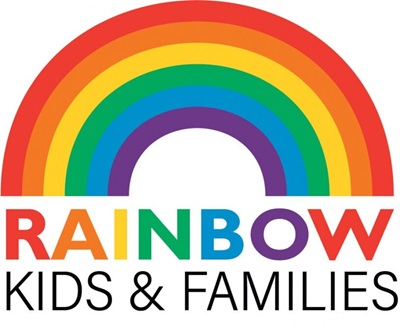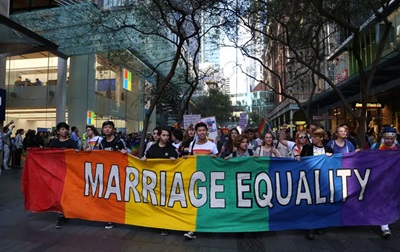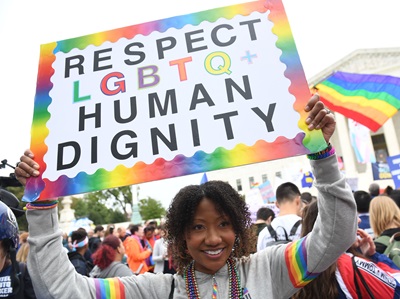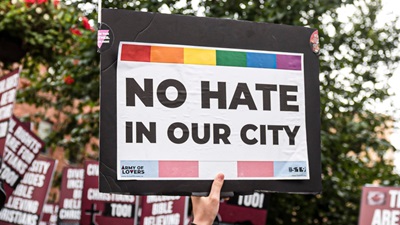Those political forces opposing the bill resort to a series of arguments that seem to follow predictable patterns and share similar rationales that unite them in hate and bigotry no matter their political origin, party history, or ideology. They also share a very similar mode of expression, the communicative strategy of voicing their harsh critiques as a morally enraged outcry sounding the alarm and issuing a warning for the future of the nation. At the center of their arguments is the appeal to the nationalist reflexes of the voters, the rationale that the legalization of same-sex marriage and especially of the adoption by same-sex couples would corrode the very foundations of our national identity, the three pillars of the ‘country, religion and family’, as the Greek saying goes, putting at risk the moral integrity of the Greek ‘people’ and the future survival of our small nation that is bombarded by external cultural influences foreign to a ‘Greekness’ already endangered by the low birth rate and its neighboring Turkey.
The disruption of the twin institutions of marriage and family is pictured as a violation of the gender and sexual order conceptualized either as moral, natural, or divine and rests on a series of naturalized heterosexist assumptions about gender roles, intimacy, and child-rearing. Two rhetorical figures are particularly evoked here to appeal to emotion: the child and the mother. The first one is presented as the victim of pervert adults who want to play happy family against the natural order, a victim that would suffer psychologically and who might even end up a pervert themselves. The second one, the mother, is a figure that has many religious and emotional connotations in Greece where the Virgin Mary is widely celebrated. Here, the mother seems to be represented as the glue keeping the family together, the representative of morality, the one responsible for proper child-rearing, and the most indispensable member of a family, as it is mirrored in the Assisted Reproductive Technologies (ART) law that gives access to artificial insemination only to single women, excluding single men.













 Login
Login